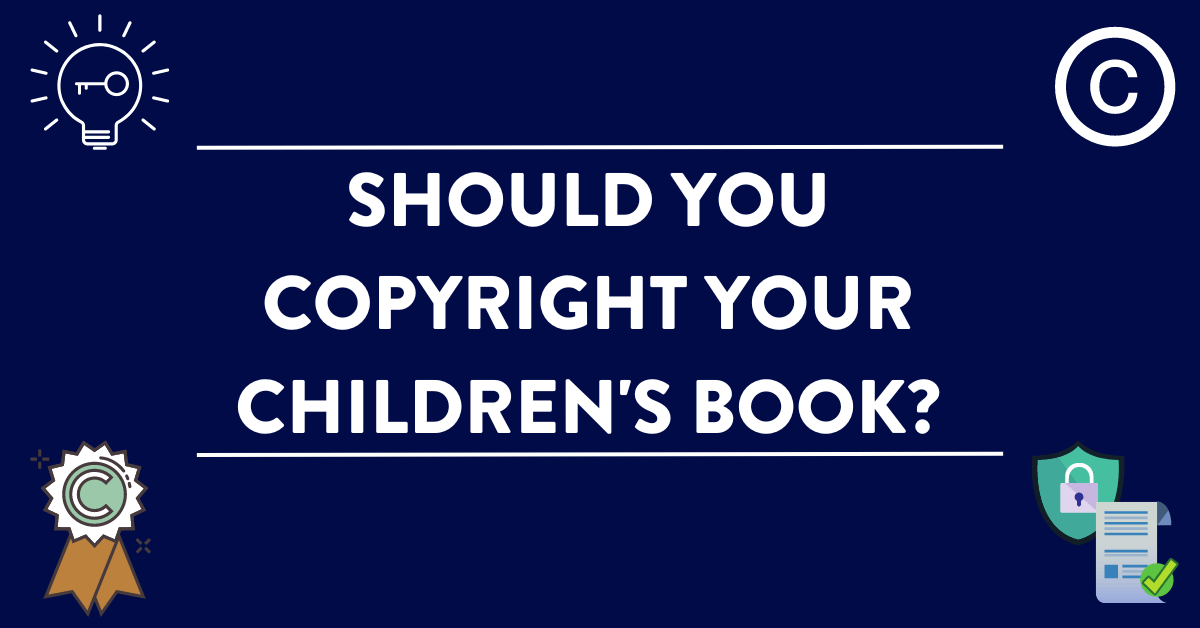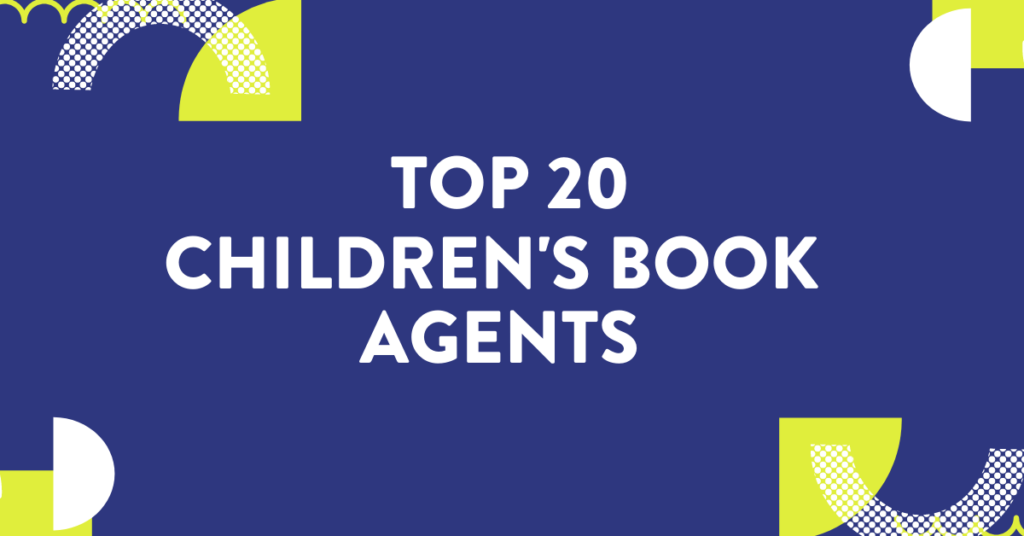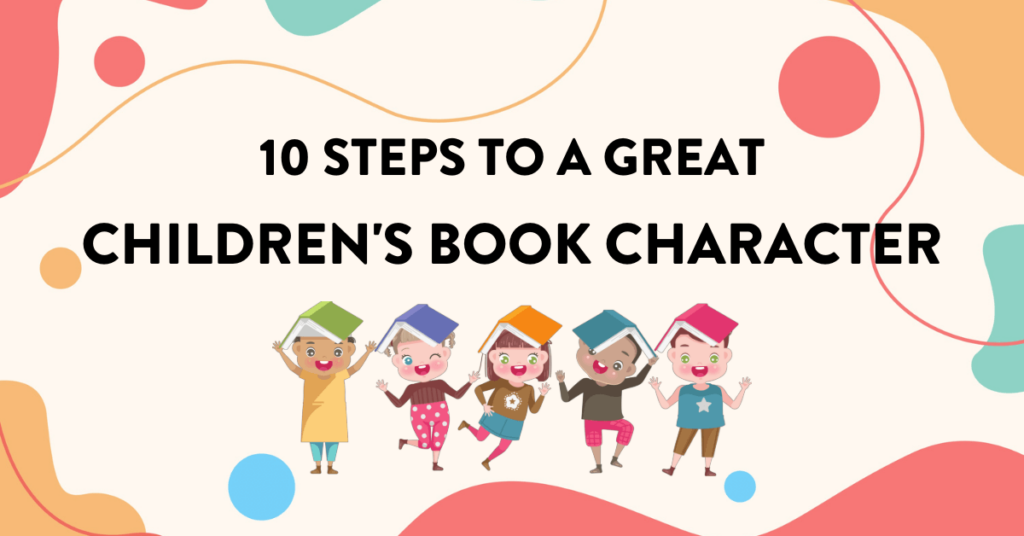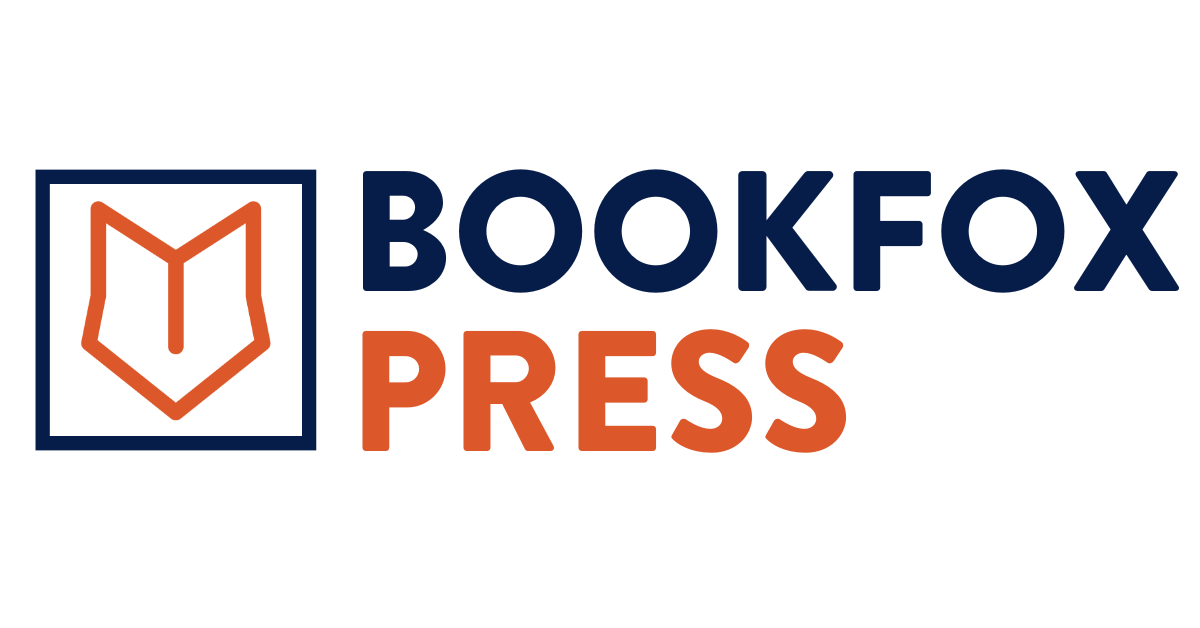
So you’ve finally completed your children’s book. Congratulations! But amidst the excitement of potentially seeing your book in stores or in the hands of eager young readers, there’s a looming question: “Should I copyright my children’s book?”
While the nuances of copyright law can be complex, I’m here to break down the debate with a mix of facts, opinions, and real-world examples.
Also, I should say that while I’m not a lawyer, I have been in the writing world for twenty years, and worked with thousands of clients as an editor, so I’ve heard a lot of stories.
Don’t take this as legal advice, but just as the best advice that I can give you. And if you need more help with your children’s book, take my course, “Two Weeks to Your Best Children’s Book.”
Your Creation Is Automatically Copyrighted… But There’s a Catch
Yes, you read that right. The moment your ideas morph into words and those words land on paper (or a digital document), they’re copyrighted. This means no one can legally reproduce, distribute, perform, publicly display, or make a derivative work from your creations without your permission.
However—and this is crucial—while your work is inherently copyrighted, officially registering that copyright is a different ball game.
If someone plagiarizes your work, you’ll be on much stronger legal footing if you’ve officially registered that copyright. Think of it like owning a house: it’s one thing to live in it, but without the deed, enforcing your rights to that house becomes more challenging.
A Cautionary Tale
Let’s take the case of author L.J. Smith, best known for her series “The Vampire Diaries”.
Smith didn’t retain the copyright for her series, which meant when disputes arose, she was removed from the project, and ghostwriters continued the series without her. If an established author can face rights issues, imagine the potential pitfalls awaiting newcomers.
Plagiarism is rampant in the literary world. Many authors, both renowned and indie, have found eerily similar renditions of their works appearing elsewhere (Jane Friedman is a recent example). Without an official copyright, seeking legal recourse in these situations becomes much more challenging.
Protecting your Copyright
So, you’ve written this awesome children’s book (high-five!), but you’ve got wind of someone overseas who’s copied your story. Before you dive into the world of international lawsuits, here’s the lowdown on what you’re getting into:
- Who’s Got the Rulebook? Every country plays by its own set of rules. What’s a no-go for copyright in your backyard might get a shrug in another place. So, even if you’re shouting “That’s my story!”, they might be saying, “Looks different from here!”
- Finding Mr. or Ms. Copycat: Here’s the tricky bit. The internet’s a wild place. So, while you might see your story popping up elsewhere, pinning down the real culprit can be like a game of ‘Where’s Waldo?’, but way less fun.
- Getting a Legal Buddy Overseas: You’ll probably need a lawyer from the other side – someone who knows their turf. It’s a bit like hiring a tour guide, but for twisty legal paths.
- Travel Diaries: Some courts might want you to show up in person. So, besides the jet lag and sampling foreign snacks, it’s a serious time (and money) commitment.
- The Price Tag: Think of an international lawsuit as an unplanned vacation. Only, instead of fun souvenirs, you’re getting bills – lawyer fees, travel costs, and those pesky currency conversions.
- Culture Clash: Not every place sees things the way we do. They might have a whole different vibe about what’s cool in the copyright world. So, brace yourself for some cultural curveballs.
The Investment: What’s the Cost?
In the U.S., the cost of registering your work with the U.S. Copyright Office varies but generally ranges between $45 to $125, depending on the nature and method of your submission.
It might seem steep, especially if you’re an indie author on a budget, but consider it a form of insurance for your creative work.
You usually can’t submit the book only digitally. You have to mail them a copy. So in terms of cost, you should add in the printing cost of the book you’re mailing.
The Emotional Factor
Copyrighting is usually not a logical or rational topic to discuss. When I talk to authors about this, their emotions are front and center.
That’s because your children’s book is likely a labor of love, and it hurts to think about someone stealing it. There’s also an emotional peace of mind that comes with knowing your work is safeguarded.
So a lot of authors choose to copyright simply because it helps them sleep at night.
My two cents? If you believe in your work’s potential and see a future where others might too (to the extent of copying or plagiarizing), make the investment. Safeguard your creation. After all, you’ve poured your heart, soul, and countless hours into it—it deserves to be protected.
If you need help with the publishing side of your book, let Bookfox Press help you through the process.
Harry Potter Copyright Lawsuit
Even J.K. Rowling needed her copyright protection.
Steven Vander Ark, a fan of the “Harry Potter” series, created the “Harry Potter Lexicon,” a website that provided detailed information, explanations, and commentary about the world of Harry Potter. The website was well-liked, even by Rowling herself at one point.
But when Vander Ark decided to publish the Lexicon as a book, Rowling and Warner Bros. (which owns the film rights to “Harry Potter”) believed the printed Lexicon infringed on Rowling’s copyrights.
Rowling asserted her copyrights, not to squash fan enthusiasm, but to maintain control and integrity over the world she created.
The Outcome: In 2008, a U.S. judge ruled in favor of Rowling and Warner Bros., stating that the “Harry Potter Lexicon” book was not a fair use of Rowling’s material. The court prevented the book’s publication in its current form, upholding Rowling’s copyright rights.
Even if you’re not as famous as Rowling, getting a copyright will give you the legal power to prevent others from benefiting from it financially.
Duration of Protection
Remember that copyright protection doesn’t last forever.
In the U.S., for example, works created and fixed in a tangible form after 1978 are copyrighted for the life of the author plus 70 years. 70 years after you die is actually pretty long, though. Enough for your descendents to benefit from the fruits of your labor.
If you foresee your work having lasting relevance, formal registration can ensure protection for future generations.
Corporate Theft of Your Book
“The Snowman” and “Fungus the Bogeyman” Controversy
Raymond Briggs, a renowned British author and illustrator, is best known for his picture book “The Snowman,” which was published in 1978. The story, told entirely through illustrations, is about a boy who builds a snowman that comes to life. It became famous worldwide, especially after being adapted into an animated film. Briggs also created “Fungus the Bogeyman” in 1977, a humorous picture book about a day in the life of a bogeyman named Fungus.
Then two companies illegally used his characters to sell his products:
- In the 2000s, a major UK retailer launched an advertisement that seemed to use imagery very reminiscent of “The Snowman.” It was implied that the snowman in their advert was on a journey similar to the one in Briggs’ book. The visuals and the sentiment struck a chord with many who were familiar with the original work.
- Around the same time, another company had an advertisement that used imagery similar to “Fungus the Bogeyman.” The gritty, underground world of the bogeyman, as depicted in the advertisement, seemed to be directly inspired by Briggs’ work.
Because Briggs had copyright, the cases were settled out of court, with the companies involved likely paying a sum for the unauthorized use of Briggs’ intellectual property.
Conclusion
You don’t have to copyright your children’s book, but if you do, then it’ll give you peace of mind.
And if you need feedback about your story, including feedback on your characters and plot of your book, hire me as your children’s book editor.
I’ve edited thousands of children’s books and I’ll help you make your book into one that children beg to read time and time again.



